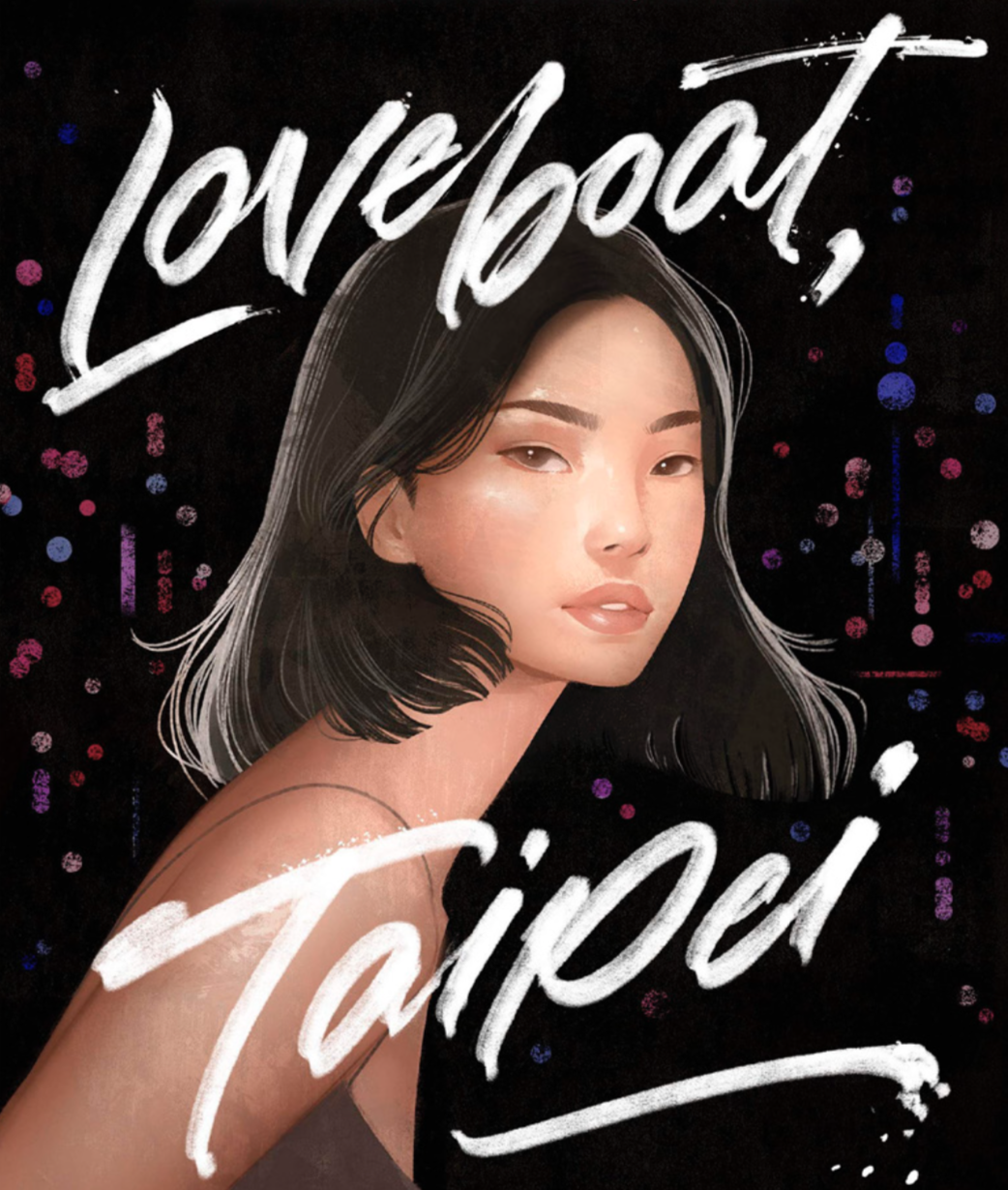[et_pb_section fb_built=”1″ fullwidth=”on” _builder_version=”3.0.85″ custom_padding=”0px|0px|0px|0px”][/et_pb_section][et_pb_section fb_built=”1″ make_fullwidth=”on” specialty=”on” padding_top_1=”-25px” padding_top_2=”-25px” padding_left_1=”50px” padding_left_2=”50px” module_class=”ds-fullwidth-specialty” _builder_version=”3.0.85″ custom_padding=”15px|50px|20px|0px”][et_pb_column type=”2_3″ specialty_columns=”2″ _builder_version=”3.0.47″ padding_left__hover=”50px” padding_top__hover=”-25px” parallax__hover=”off” parallax_method__hover=”on” padding_left=”50px” padding_top=”-25px” parallax=”off” parallax_method=”on”][et_pb_row_inner admin_label=”Row” _builder_version=”3.0.85″][et_pb_column_inner type=”4_4″ saved_specialty_column_type=”2_3″ _builder_version=”3.0.47″ parallax__hover=”off” parallax_method__hover=”on” parallax=”off” parallax_method=”on”][et_pb_post_title author=”off” comments=”off” featured_image=”off” _builder_version=”3.0.86″ title_font=”|700||on|||||” title_text_align=”center” title_font_size=”42px” meta_text_align=”center” meta_font_size=”18″ text_orientation=”center” custom_margin=”-10px|||” custom_padding=”|||”][/et_pb_post_title][/et_pb_column_inner][/et_pb_row_inner][et_pb_row_inner admin_label=”Row” _builder_version=”3.0.47″][et_pb_column_inner type=”1_2″ saved_specialty_column_type=”2_3″ _builder_version=”3.0.47″ parallax__hover=”off” parallax_method__hover=”on” parallax=”off” parallax_method=”on”][et_pb_text _builder_version=”3.0.86″]
T
[/et_pb_text][/et_pb_column_inner][et_pb_column_inner type=”1_2″ saved_specialty_column_type=”2_3″ _builder_version=”3.0.47″ parallax__hover=”off” parallax_method__hover=”on” parallax=”off” parallax_method=”on”][et_pb_text _builder_version=”3.0.86″]
The story—from which ACE Entertainment of Jenny Han’s To All the Boys I’ve Loved Before has already acquired film rights—is inspired by Abigail Wen’s own experience with the real Chientan program when she was in high school.
Wen said since Chientan is a program for Asian Americans, the Taiwanese government often searched through the winners of major U.S. high school awards and invited recipients with a Chinese last name.
This led her, a Presidential Scholar, to Taiwan believing she would be attending an academic camp. Of course, that was not what she discovered when she arrived. The experience left an impression, and led her to eventually write Loveboat, Taipei.
Wen, a parent of two Nueva students, currently works in AI and venture capitalism and wrote Loveboat, Taipei while working full time. She’s always had a passion for writing—
[/et_pb_text][/et_pb_column_inner][/et_pb_row_inner][et_pb_row_inner admin_label=”Row” _builder_version=”3.0.47″][et_pb_column_inner type=”4_4″ saved_specialty_column_type=”2_3″ _builder_version=”3.0.47″ parallax__hover=”off” parallax_method__hover=”on” parallax=”off” parallax_method=”on”][et_pb_button button_url=”https://www.amazon.com/Loveboat-Taipei-Abigail-Hing-Wen/dp/0062957279″ button_text=”Buy Loveboat, Taipei here!” button_alignment=”center” _builder_version=”3.16″ custom_button=”on” button_text_color=”#0C71C3″ button_font=”||||||||” box_shadow_position_button=”outer”][/et_pb_button][/et_pb_column_inner][/et_pb_row_inner][et_pb_row_inner admin_label=”Row” _builder_version=”3.0.47″][et_pb_column_inner type=”1_2″ saved_specialty_column_type=”2_3″ _builder_version=”3.0.47″ parallax__hover=”off” parallax_method__hover=”on” parallax=”off” parallax_method=”on”][et_pb_text _builder_version=”3.0.86″]
even obtaining an MFA in Creative Writing along with her law degrees—but has struggled to dedicate herself fully.
“I have made some key choices along the way, including the choice not to pursue a career as a law professor, and then to leave my big law firm and go in-house,” Wen said. “In retrospect, these were good choices, but at the time, it was very hard for me to step off these fast-paced paths to give myself the time and headspace I needed to write.”
Loveboat, Taipei is not Wen’s first novel—in her 12 years of writing, Wen has finished five. Despite suggestions to turn to self-publishing or work
with smaller publishing houses, Wen persisted, and Loveboat, Taipei was eventually published by HarperCollins.
The version published, however, was not the one Wen initially wrote— the originals were told through four alternating perspectives.
[/et_pb_text][/et_pb_column_inner][et_pb_column_inner type=”1_2″ saved_specialty_column_type=”2_3″ _builder_version=”3.0.47″ parallax__hover=”off” parallax_method__hover=”on” parallax=”off” parallax_method=”on”][et_pb_text _builder_version=”3.0.86″]
“By draft 26, however, the novel wasn’t working. I couldn’t fit that many story arcs into 120,000 words and it ended with the wrong climax,” Wen said. She scrapped the previous drafts and rewrote the entire book from Ever’s perspective, a choice that served the story well.
“The most common feedback I have received is that the characters are all really well-realized,” Wen said.
As a Silicon Valley resident, Wen hopes her story can address some of the stresses that cause the high concentration of mental health issues in the Bay Area’s youth population.
“There is a lot of pressure and even suicides, and we still don’t understand why,” Wen said. “I hoped to address at least some of the potential underlying causes—internal, familial, and external—and to show teens that they can be and do anything they want.”
[/et_pb_text][/et_pb_column_inner][/et_pb_row_inner][et_pb_row_inner admin_label=”Row” _builder_version=”3.0.47″][et_pb_column_inner type=”4_4″ saved_specialty_column_type=”2_3″ _builder_version=”3.0.47″ parallax__hover=”off” parallax_method__hover=”on” parallax=”off” parallax_method=”on”][et_pb_video src=”https://www.youtube.com/watch?v=5UZVfR1nOoA” admin_label=”Video %91Delete if no Video%93″ _builder_version=”3.16″ box_shadow_style=”preset3″][/et_pb_video][/et_pb_column_inner][/et_pb_row_inner][et_pb_row_inner admin_label=”Row” _builder_version=”3.0.47″][et_pb_column_inner type=”1_2″ saved_specialty_column_type=”2_3″ _builder_version=”3.0.47″ parallax__hover=”off” parallax_method__hover=”on” parallax=”off” parallax_method=”on”][et_pb_text _builder_version=”3.0.86″]
She hopes that the different relationships Asian Americans have to their cultural heritage shines through her characters and their varying personalities.
“I wanted to showcase some of the diversity within the Asian American community,” Wen said. “The 30 characters differ from one another— some are quiet, some outrageous, some humorous—and they are all flawed and talented in their own ways.”
In addition to guest-teaching Jennifer N.’s creative writing elective on Wednesday, Feb. 26, Wen visited for a Q&A in the WRC. Students from all grades attended and received free, signed copies of Loveboat, Taipei.
Both the Q&A and guest-teaching were part of plans for a Humanities Center, aimed at deepening students’ experiences with humanities.
[/et_pb_text][/et_pb_column_inner][et_pb_column_inner type=”1_2″ saved_specialty_column_type=”2_3″ _builder_version=”3.0.47″ parallax__hover=”off” parallax_method__hover=”on” parallax=”off” parallax_method=”on”][et_pb_text _builder_version=”3.0.86″]
“Abigail had an exceptional background in writing convincing characters, so she could offer specific advice about inventing characters and how to draw on your own experiences to craft fictional lives,” said Jennifer P., who is a part of the new initiative. “As we think about the kinds of activities, experts, resources, and field trips that a Humanities Center could offer, author visits like Abigail’s would be terrific opportunities.”
[/et_pb_text][/et_pb_column_inner][/et_pb_row_inner][/et_pb_column][et_pb_column type=”1_3″ _builder_version=”3.0.47″ padding_left__hover=”50px” padding_top__hover=”-25px” parallax__hover=”off” parallax_method__hover=”on” padding_left=”50px” padding_top=”-25px” parallax=”off” parallax_method=”on”][et_pb_team_member name=”Written by Tina Zeng” position=”Editor-in-Chief” image_url=”http://www.thenuevacurrent.com/wp-content/uploads/2020/03/Screen-Shot-2020-03-02-at-1.41.30-AM.png” linkedin_url=”www.linkedin.com/in/scott-brasesco/” _builder_version=”3.16″ header_font=”|700|||||||” custom_margin=”||50px|”][/et_pb_team_member][et_pb_sidebar area=”sidebar-main” _builder_version=”3.0.85″][/et_pb_sidebar][/et_pb_column][/et_pb_section]


Leave a Reply